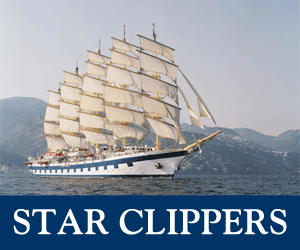Divers confirm effective treatment of Christmas Lake zebra mussels
Initial searches indicate a three-step treatment of Christmas Lake in Shorewood for zebra mussels has been effective, according to the Minnesota Department of Natural Resources. The results show the successful treatment of a small, isolated infestation of zebra mussels that was detected early.
A survey April 13 by divers from Blue Water Science and Waterfront Restorations found no evidence of zebra mussels. The dive was conducted inside and directly outside the treatment area around the public boat access in the city of Shorewood.
"We are encouraged by these early results,” said Keegan Lund, DNR aquatic invasive species specialist. “We used every available tool to respond to this isolated zebra mussel infestation and learned valuable information in terms of responding to new infestations."
The Christmas Lake treatment is one in a series of urgent responses targeting small, isolated, and recently detected infestations of zebra mussels. Previous urgent response treatments of isolated infestations in other lakes have produced mixed results. The information gained from these treatments will help the DNR determine when, where, and how to treat new zebra mussel infestations most effectively.
DNR officials said the key to this positive step and any future pilot projects is the partnership between local governments, researchers and the DNR. In this case, the partnership of the Minnehaha Creek Watershed District (MCWD), the city of Shorewood, and invasive species researchers from the University of Minnesota, working closely with DNR staff, was critical to implementing this treatment.
Zequanox, a natural substance highly selective to zebra and quagga mussels, was first applied to the treatment area in September. That application was followed by a copper treatment of EarthTec QZ in October and November. In December, a contractor working with the DNR injected 1,000 pounds of potassium chloride (potash) under the ice near the public boat access. It was only the third time potash was used for zebra mussel control in the United States. The applications of potash and EarthTec QZ were experimental off-label uses requiring special emergency permission.
Beginning in May, the DNR and MCWD will conduct searches along the shoreline and in the lake. They will place zebra mussel samplers at the Christmas Lake public boat access and at docks on the property of participating homeowners. Extensive in-lake monitoring will be required over a period of years to determine whether zebra mussels have been eliminated from the lake.
Boaters, anglers and lakeshore property owners are reminded of their vital role in the Minnesota partnership to prevent the spread of invasive species. Cleaning boats and trailers, draining boats and live wells, and disposing of unused bait, are the most effective strategies and are required by law. Property owners can help by following the legally required 21-day drying period before transporting dock material or related equipment to another lake.
Zebra mussels are an invasive species that can crowd out native mussels and compete for food sources with other aquatic animals such as larval fish. They attach to boat hulls and other water-related equipment, and can create a hazard for swimmers due to their sharp shells.
To learn more about aquatic invasive species, go to www.mndnr.gov/invasives/aquatic.
TOP
|


